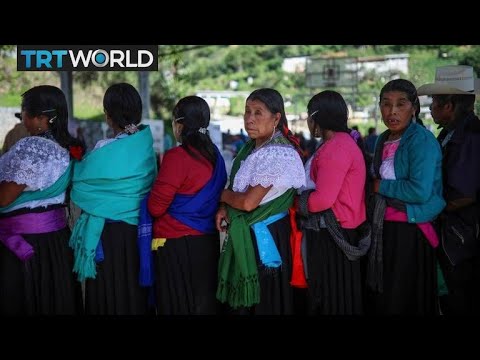Mexico: AMLO declares drug war ‘over’ —but is it?
Already officially studying the possibility of cannabis legalization, Mexico's new populist President Andrés Manuel López Obrador has now announced a formal end to the "war on drugs" that has only seemed to fuel the narco-violence over the past 10 years. However, military troops are still being mobilized for narcotics enforcement from Chiapas to Chihuahua—including marijuana eradication. (Photo: Sexenio)



